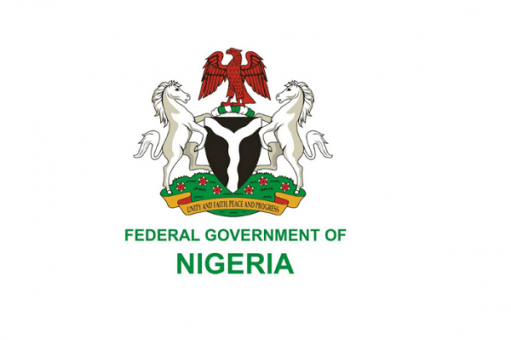
The International Monetary Fund (IMF) has revised upwards its economic growth forecast for Nigeria in 2024, now projecting a growth rate of 3.3%. This adjustment was disclosed in the IMF’s World Economic Outlook for April, unveiled during the ongoing 2024 Spring Meetings of the World Bank and IMF in Washington, United States.
This upgraded forecast represents a 0.3 percentage point increase from the previous prediction of 3.0% growth published in the IMF’s January 2024 World Economic Outlook. However, the IMF has adopted a more cautious stance for 2025, slightly reducing Nigeria’s economic growth forecast to 3.0%, down from the earlier projection of 3.1% in January.
Across the broader Sub-Saharan Africa region, the IMF has maintained its economic growth forecast at 3.8% for 2024 but has revised downward the forecast for 2025 to 4.0%, from the previously projected 4.1%.
Globally, the IMF has moderately revised upwards its growth forecast for 2024 to 3.2%, up from the 3.1% projected in the January 2024 World Economic Outlook, with the forecast for 2025 remaining unchanged at 3.2%.
Explaining the global economic outlook, the IMF noted, “Global growth, estimated at 3.2 per cent in 2023, is projected to continue at the same pace in 2024 and 2025.” However, the projection for global growth in both years remains below the historical annual average of 3.8% from 2000 to 2019, attributed to restrictive monetary policies, fiscal support withdrawal, and low underlying productivity growth.
The report also highlights expected trends in various economies, noting that advanced economies are expected to see slight growth increases, mainly due to a recovery in the euro area. Meanwhile, emerging market and developing economies are forecasted to experience stable growth through 2024 and 2025, with regional disparities.
Specifically for sub-Saharan Africa, the IMF projects growth to rise from an estimated 3.4% in 2023 to 3.8% in 2024 and 4.0% in 2025. This positive outlook is credited to reduced impacts of past weather shocks and gradual improvements in supply issues. The forecast for 2024 aligns with the January 2024 WEO Update, with negative adjustments for Angola offset by positive revisions for Nigeria, primarily due to improvements in the oil sector.






